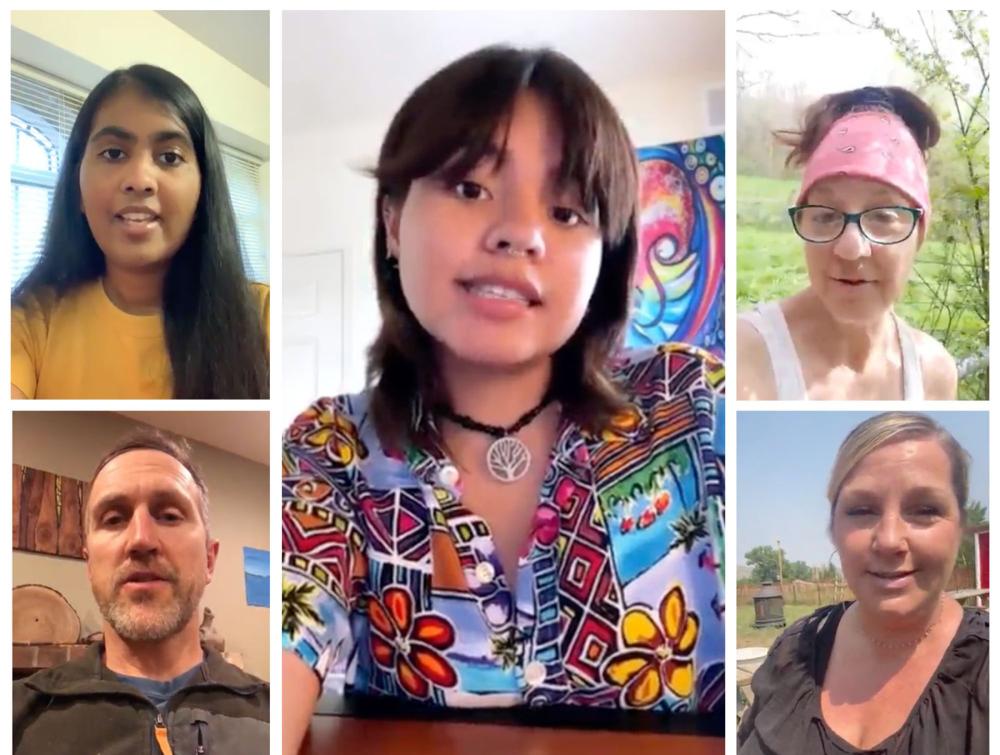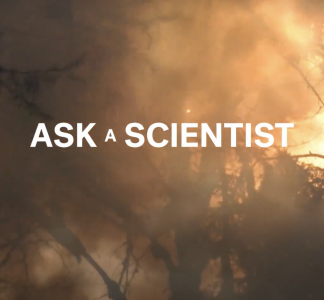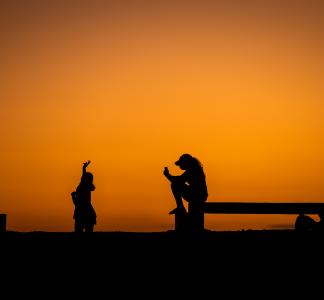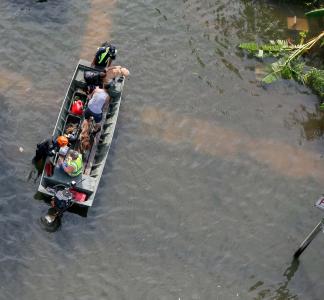5 stories of people impacted by climate change and inspired to take action

Natasha Jacob, Karla Hernandez, Maggie Brooks Taylor, John Roscoe, and Brandi Barela share their climate change stories
Activists recount extreme weather disasters at home and abroad
If you’re one of the 70 percent of us in the U.S. whose communities have experienced a climate disaster or extreme weather in the past year, you already know that climate change is personal. Years of discriminatory and racist policies have made it so communities of color and poor and working-class communities are hit first and worst by these events, but storms and fires themselves don’t discriminate. Each disaster makes it clearer and clearer – we’re all taking these punches.
Throughout 2022, we have seen heat waves, drought, floods, wildfires and tornadoes. And even though hurricane season had a slow start, Hurricane Fiona and Hurricane Ian quickly reminded us of what’s at stake. Fiona left a path of destruction across Puerto Rico that included damaged homes, landslides, flooded roadways and a total blackout of the island's power grid. A week later, Hurricane Ian made landfall in Florida as a catastrophic, Category 4 storm, destroying and flooding homes and businesses and knocking out power to nearly two million people. Parts of the U.S., especially in the West and Midwest, suffered from intense heat waves and devastating drought, leading to rare and extreme flooding over the summer in some areas.
Over the past year, we asked members of the TWS community to tell us some of the ways climate change impacts like these are affecting their lives. Many responded and shared disheartening stories by video and text message about families in danger and lives uprooted. But they also shared how these experiences motivated them to take action.
We know that sharing stories like these builds community, and it’s through community and collective action that we can spur positive change.



